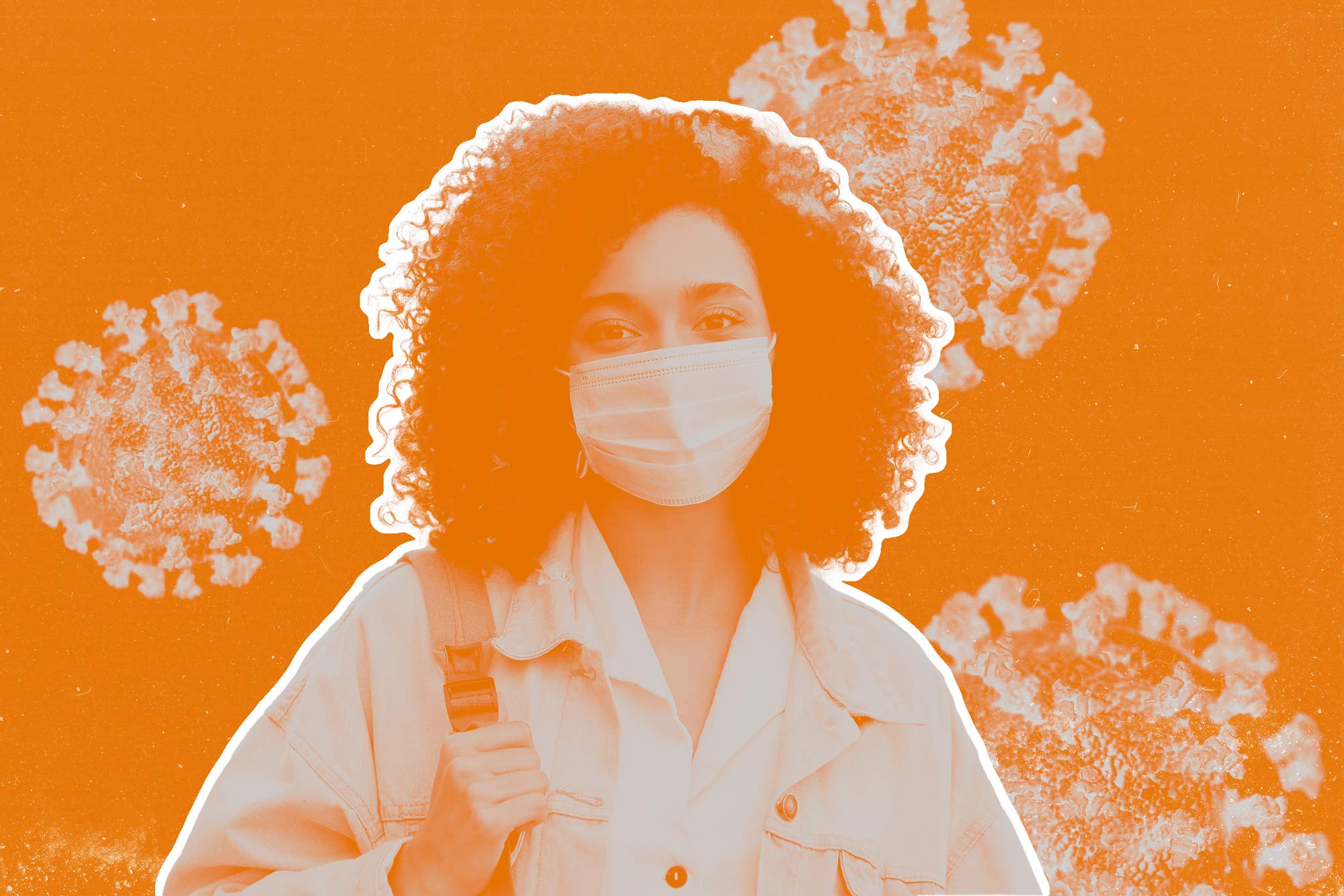Experts have been working tirelessly to create and improve coronavirus vaccines year-over-year and this year’s shot is potent, Petri said. His advice is to get vaccinated for the coronavirus and the flu ahead of the holiday season.
“If you get vaccinated right now, that’s going to protect you at the greatest levels for about four months,” he said.
Here are his answers to UVA Today’s other questions about staying healthy as large gatherings with family and friends draw near.
Q. Do you have any general guidelines for people to follow as they prepare for the holidays?
A. In addition to getting vaccinated for coronavirus and the flu, be aware that there are very effective medications for COVID, the No. 1 being Paxlovid.
There are some commonsense things you can do to improve ventilation that the Centers for Disease Control and Prevention recommend. If we have nice weather, have that family gathering out on your porch or out in your yard. Or have the windows open. If you have a heat pump, if you have it on the “on” switch and not the “auto” switch, the fan runs all the time so you’re going to be exchanging air faster out of your house.
Q. What is the current guidance for people who test positive for the coronavirus?
A. Number one is stay home for the first five days and then wear a mask outside for an additional five days, so you’re not going to spread it inadvertently to vulnerable parts of the population.
Q. If you have the flu, what should you do?
A. If you have the flu, of course you can’t test yourself at home. The reason to get diagnosed with the flu is we have medications that are very effective for treating flu. It makes sense to go to your primary care provider within the first day, maximum two days of illness, to be tested.











